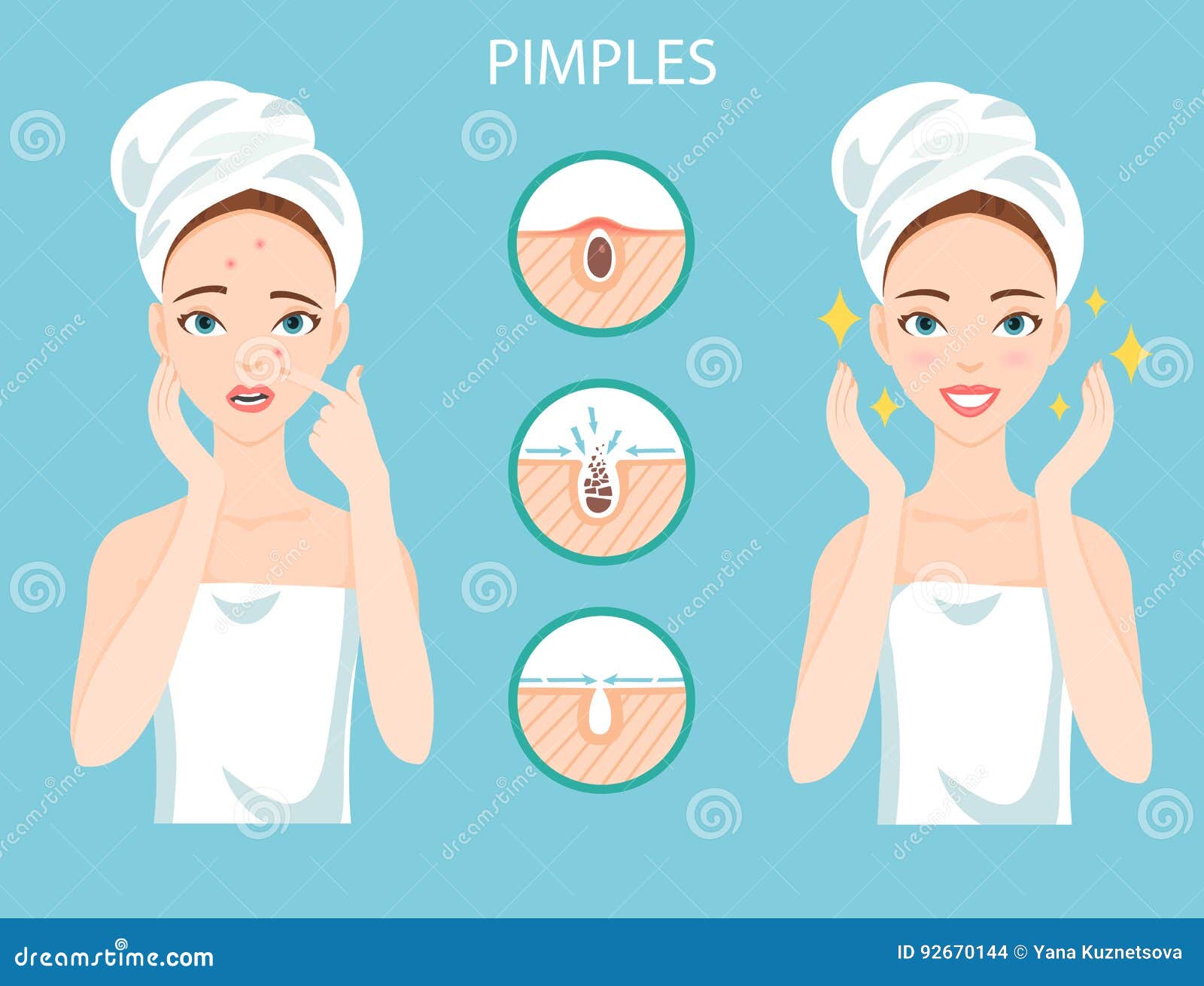Myths And Realities About Acne: Debunking Common Misconceptions
Myths And Realities About Acne: Debunking Common Misconceptions
Blog Article
Web Content Develop By-Kelly Watts
You might believe that enjoying delicious chocolate or oily foods is the source of your acne, yet that's simply one of many misconceptions swirling around this common skin condition. In fact, acne primarily stems from blocked hair follicles, not your last dessert. Misunderstandings like these can lead you to embrace inadequate skincare methods that may also aggravate your scenario. As you navigate the truths behind acne, you'll uncover insights that might transform your approach to skincare and aid you attain clearer skin. So, what actually lies beneath the surface area?
Common Myths Regarding Acne
When it concerns acne, lots of people count on usual myths that can bring about confusion and stress. One widespread myth is that consuming delicious chocolate or greasy foods triggers acne. While diet plan can influence skin health and wellness, the direct link between specific foods and acne isn't as clear-cut as numerous believe.
An additional usual false impression is that you must scrub your face intensely to clear outbreaks. In https://www.thesun.co.uk/tv/15777483/love-islands-amy-hart-rules-out-cosmetic-surgery-addictive/ , aggressive scrubbing can irritate your skin and get worse acne.
You may likewise believe that acne only affects teens, but adults can experience it as well, commonly as a result of hormone modifications or stress. Some individuals think that tanning can improve acne, yet sunlight direct exposure can really bring about skin damages and intensify breakouts over time.
Finally, several believe that making use of severe items will eliminate acne rapidly. Nonetheless, these items can strip your skin of its all-natural oils, bring about enhanced irritation and even more breakouts.
Scientific Information Behind Acne
Understanding the clinical truths behind acne can empower you to tackle this common skin condition more effectively.
Acne happens when hair follicles end up being clogged with oil, dead skin cells, and germs. This procedure frequently starts with an overproduction of sebum, the oil your skin naturally produces. Hormone adjustments, specifically throughout the age of puberty or menstruation, can activate this excess oil.
Microorganisms called Propionibacterium acnes grow in these blocked pores, leading to inflammation. When Get the facts responds, it can cause inflammation and swelling, causing those troublesome pimples or cysts.
Genes likewise contribute; if your moms and dads had acne, you could be extra susceptible to it.
Diet plan and stress and anxiety degrees can affect acne also, but study is still evolving in these locations. While delighting in greasy foods will not straight trigger outbreaks, a balanced diet can support your skin health and wellness.
Similarly, managing anxiety can lower hormonal variations that might get worse acne.
Tips for Taking Care Of Acne
Taking care of acne successfully requires a combination of everyday skincare practices and way of living changes. Beginning by establishing a regular skin care regimen. Cleanse your face two times a day with a gentle, non-comedogenic cleanser to eliminate dirt and excess oil. Prevent scrubbing as well hard, as this can aggravate your skin and worsen acne.
Next off, include products consisting of salicylic acid or benzoyl peroxide to help stop outbreaks. Constantly follow up with a lightweight, oil-free moisturizer to keep your skin hydrated. Don't neglect sunscreen; go with non-comedogenic choices to safeguard your skin from UV damages without obstructing pores.
Past skincare, take notice of your diet regimen. Restriction sugary and oily foods, and focus on fruits, vegetables, and entire grains. Remaining hydrated is crucial, so drink a lot of water throughout the day.
In addition, handle stress and anxiety via tasks like yoga, meditation, or workout, as stress can trigger breakouts.
Finally, avoid choosing or standing out acnes. This can bring about scarring and more inflammation. If your acne lingers, seek advice from a skin specialist for customized treatment alternatives.
Conclusion
To conclude, it's important to different fact from fiction when it comes to acne. By debunking typical myths, you can better understand your skin and make notified options for your skin care routine. So, why remain to count on out-of-date concepts when the fact can equip you? Welcome healthier habits, concentrate on gentle cleaning, and keep in mind that taking care of acne is a journey. With the appropriate expertise, you're one step more detailed to more clear, healthier skin.
